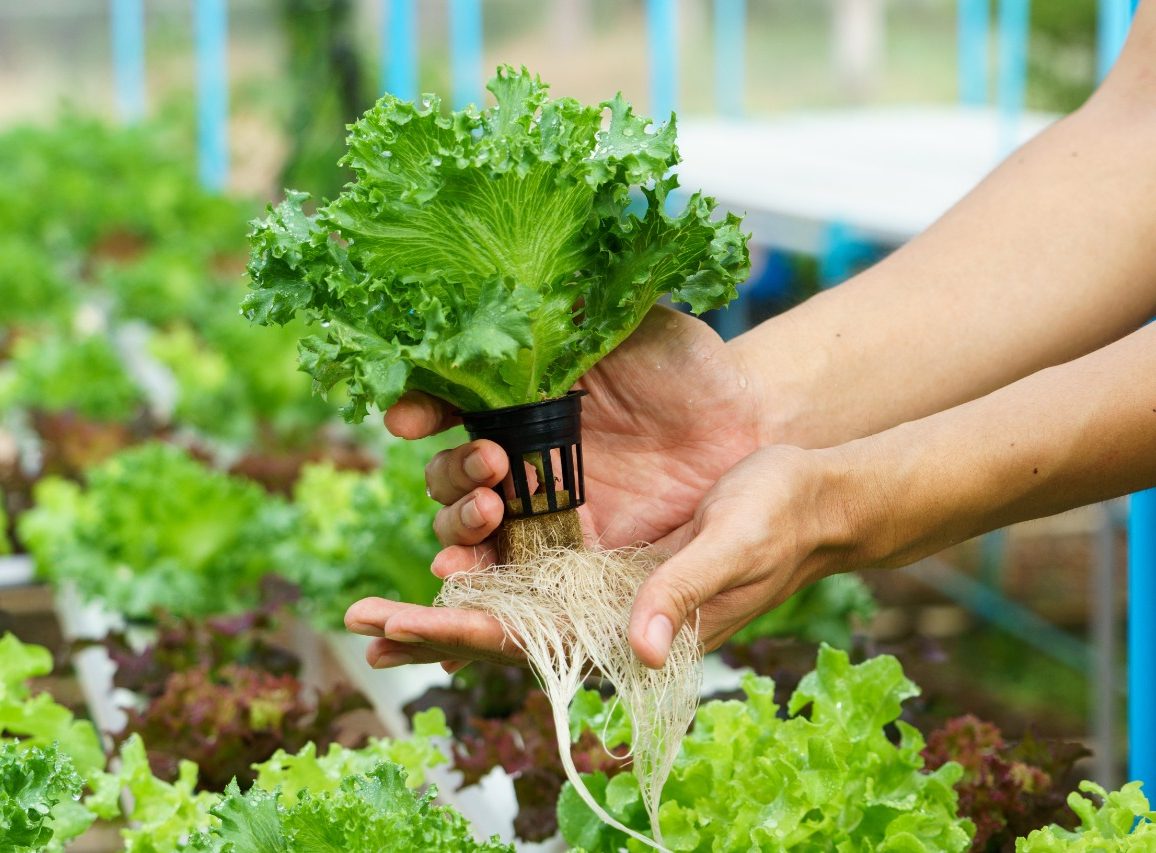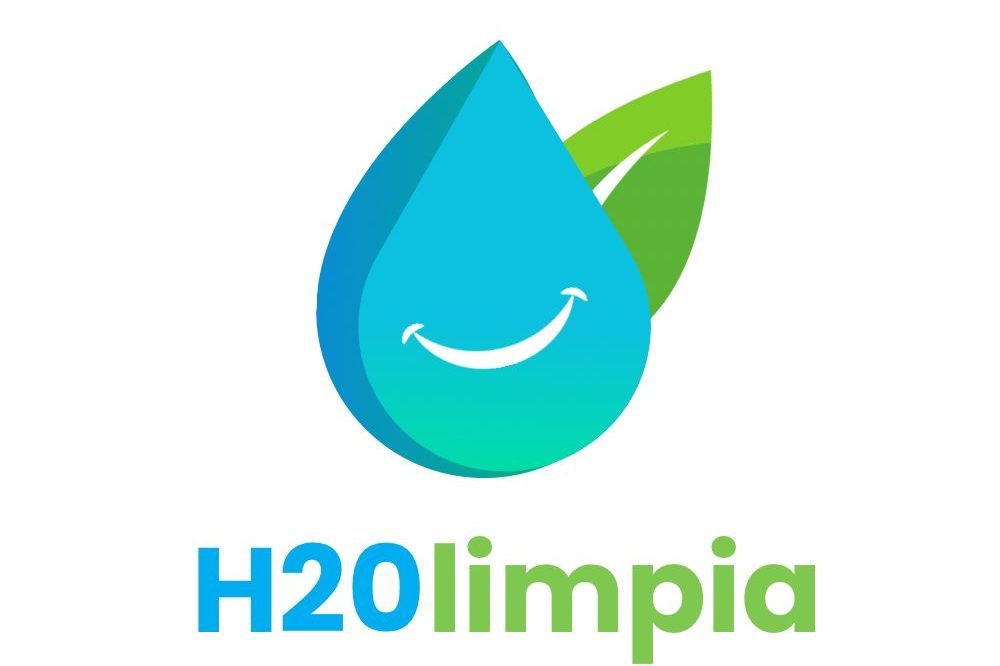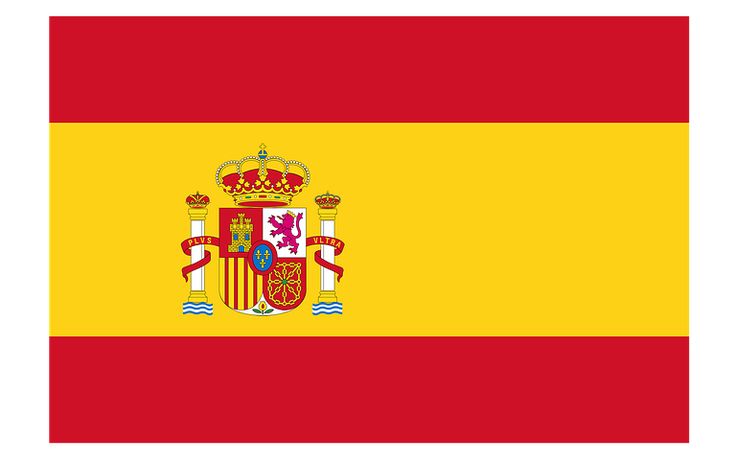Aquaponics
Aquaponics is an innovative, sustainable system that combines aquaculture (raising fish) and hydroponics (growing plants in water) to produce organic, healthy food. This closed-loop ecosystem uses nutrient-rich water from fish tanks to nourish plants, while the plants filter and clean the water for the fish, creating a symbiotic relationship that results in both fresh vegetables and high-quality fish.
Sustainable Farming: Aquaponics requires 90% less water than traditional farming. The water is continuously recycled, making it an eco-friendly option for growing food.
Organic and Chemical-Free: The system relies on natural fish waste for nutrients, eliminating the need for chemical fertilizers or pesticides. This ensures that both the vegetables and fish are 100% organic.
Healthy and Nutritious Produce: Aquaponics yields a variety of leafy greens, herbs, and vegetables such as lettuce, kale, basil, and tomatoes. It also provides fresh fish like tilapia, trout, or catfish, which are rich in protein and omega-3 fatty acids.
Year-Round Production: Unlike traditional farming, aquaponics can be operated indoors or in greenhouses, allowing for year-round harvests regardless of the season.
Efficient Space Utilization: Aquaponic systems are compact and can be set up in urban environments, making them ideal for small spaces or rooftop gardens.
Benefits

Environmentally Friendly
Reduces water usage, prevents soil depletion, and minimizes the carbon footprint.
High Yield
Faster growth rates and higher yields due to the nutrient-rich environment.
Dual Harvest
Provides both fresh fish and vegetables, offering a complete source of food in a single system.

